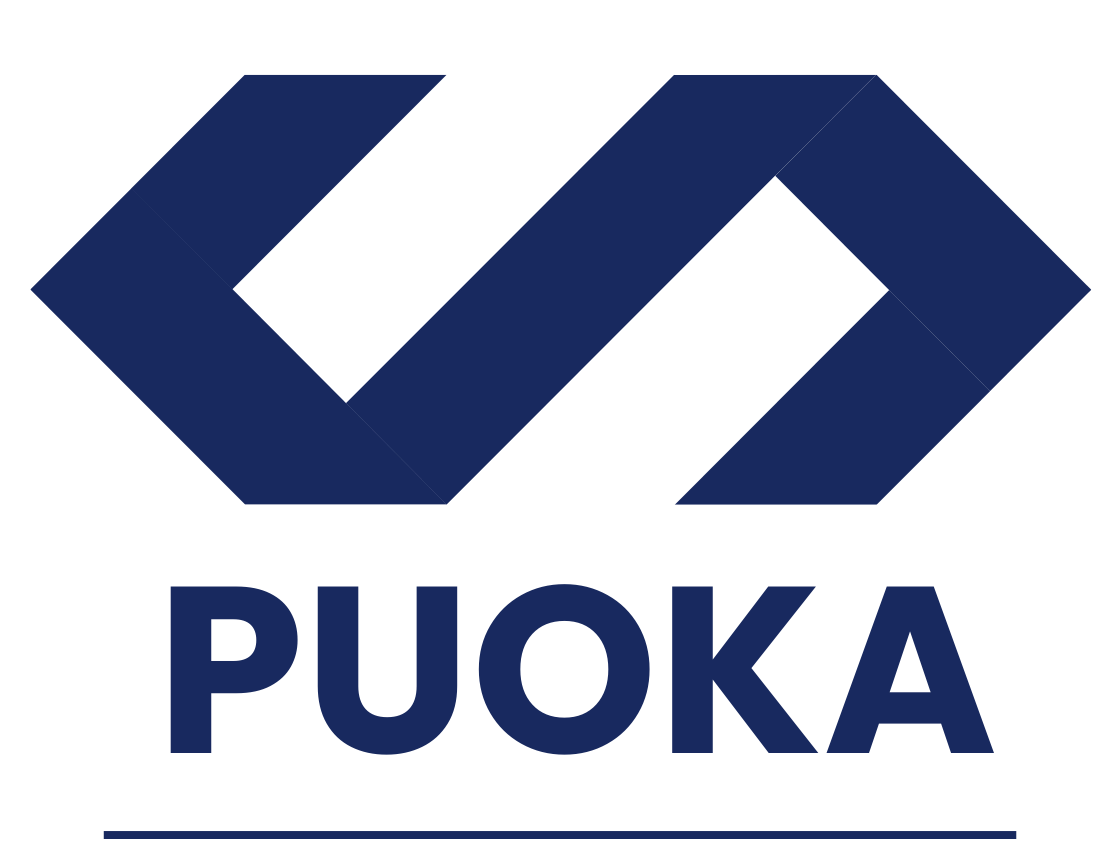TLDR
- Meta’s stock surge boosts Zuckerberg’s net worth to $201B
- Meta’s market cap exceeds $1.4 trillion
- Zuckerberg unveils Orion AR glasses and Quest 3S VR headset
- Meta reduces metaverse budget by 20%
- Company shifts focus towards AI development
Meta, formerly known as Facebook, has seen a remarkable turnaround in its fortunes, with its stock price surging to approximately $567 per share as of September 2024.
This represents a more than sixfold increase from its November 2022 low of around $88 per share. The tech giant’s market capitalization now exceeds $1.4 trillion, solidifying its position as one of the world’s most valuable companies.
This stock rally has had a significant impact on CEO Mark Zuckerberg’s personal wealth. His net worth has climbed to $201 billion, making him the fourth-richest person globally, behind Elon Musk, Jeff Bezos, and Bernard Arnault.
Meta’s journey since its rebranding in October 2021 has been marked by both challenges and innovations. Initially, the company’s focus on metaverse development and hardware led to a sharp decline in its stock price, with investors expressing concerns about this new direction.
However, the tide began to turn as other tech giants like Apple, Google, Nvidia, and Microsoft also started developing metaverse-related technologies.
In September 2024, Zuckerberg unveiled two new products at a Meta Connect event in California. The first was the Orion augmented reality glasses, which feature small projectors that create a virtual heads-up display overlaid on real-world objects.
The second was the Quest 3S virtual reality headset, a more affordable version set to replace the earlier Quest 3 128 GB model.
Despite these product launches and the overall stock price recovery, Meta has made some strategic adjustments to its metaverse ambitions. In July 2024, the company announced a 20% reduction in its metaverse budget.
It also instructed its Reality Labs division, responsible for metaverse development, to cut department expenses by 20% by 2026. This decision comes in light of the division’s significant losses, totaling $60 billion since 2019, including continued losses in the second quarter of 2024.
The scaling back of metaverse investments coincides with a growing emphasis on artificial intelligence (AI) within Meta.
Zuckerberg has indicated that the company is looking to expand its AI business by narrowing its focus and increasing capital investment in AI research.
During a July 31 earnings call, he highlighted the release of “the first frontier-level open-source AI model” and mentioned the positive reception of the Ray-Ban Meta AI glasses.
This shift in focus reflects broader trends in the tech industry, where AI has become a major area of investment and innovation. Meta’s move suggests a strategic realignment to capitalize on the growing importance of AI technologies across various sectors.
The company’s journey since its rebranding has been marked by both bold moves and necessary adjustments. While the metaverse remains part of Meta’s long-term vision, the immediate focus appears to be on leveraging AI to drive growth and innovation.
This balanced approach seems to be resonating with investors, as evidenced by the strong recovery in Meta’s stock price.








